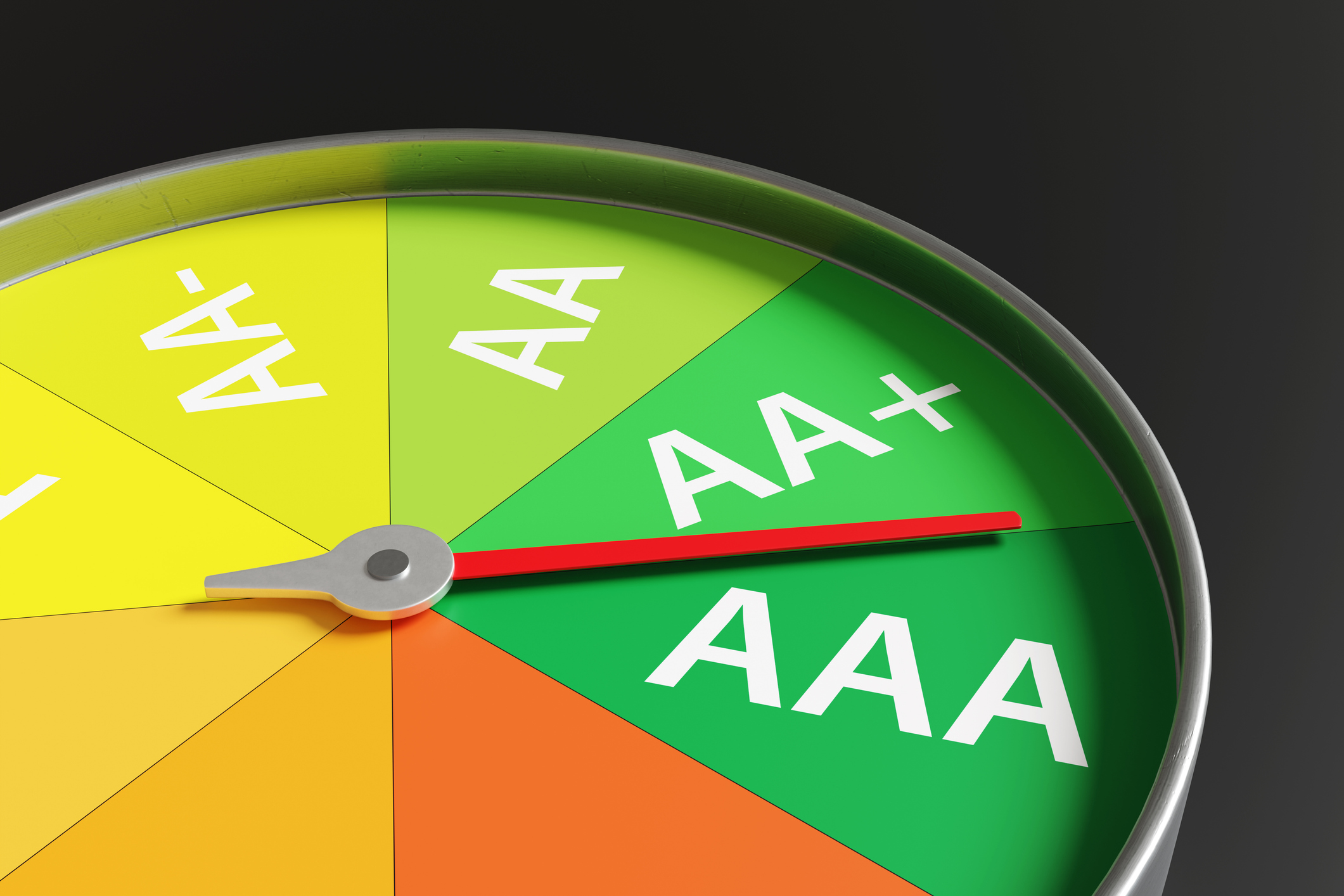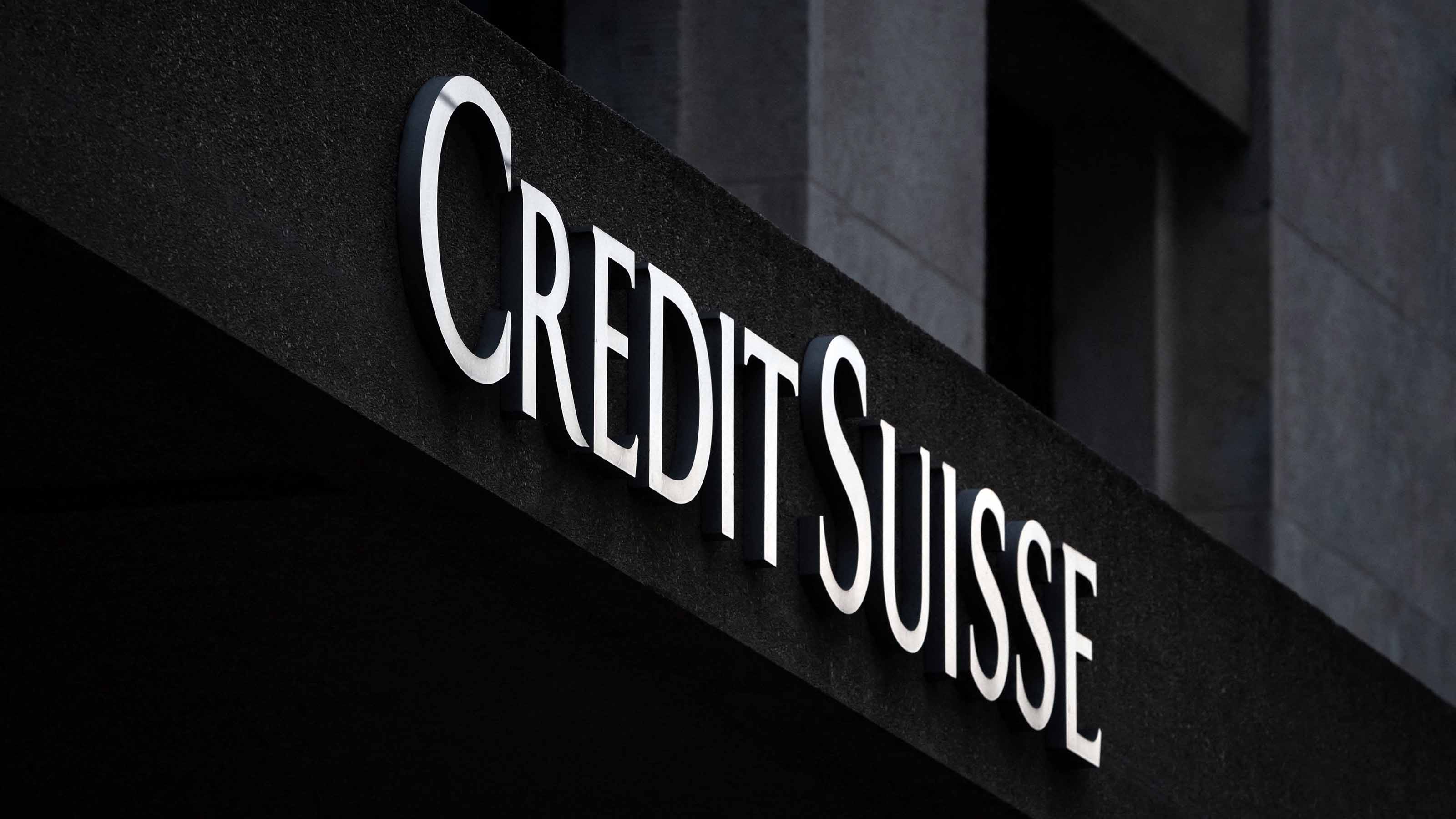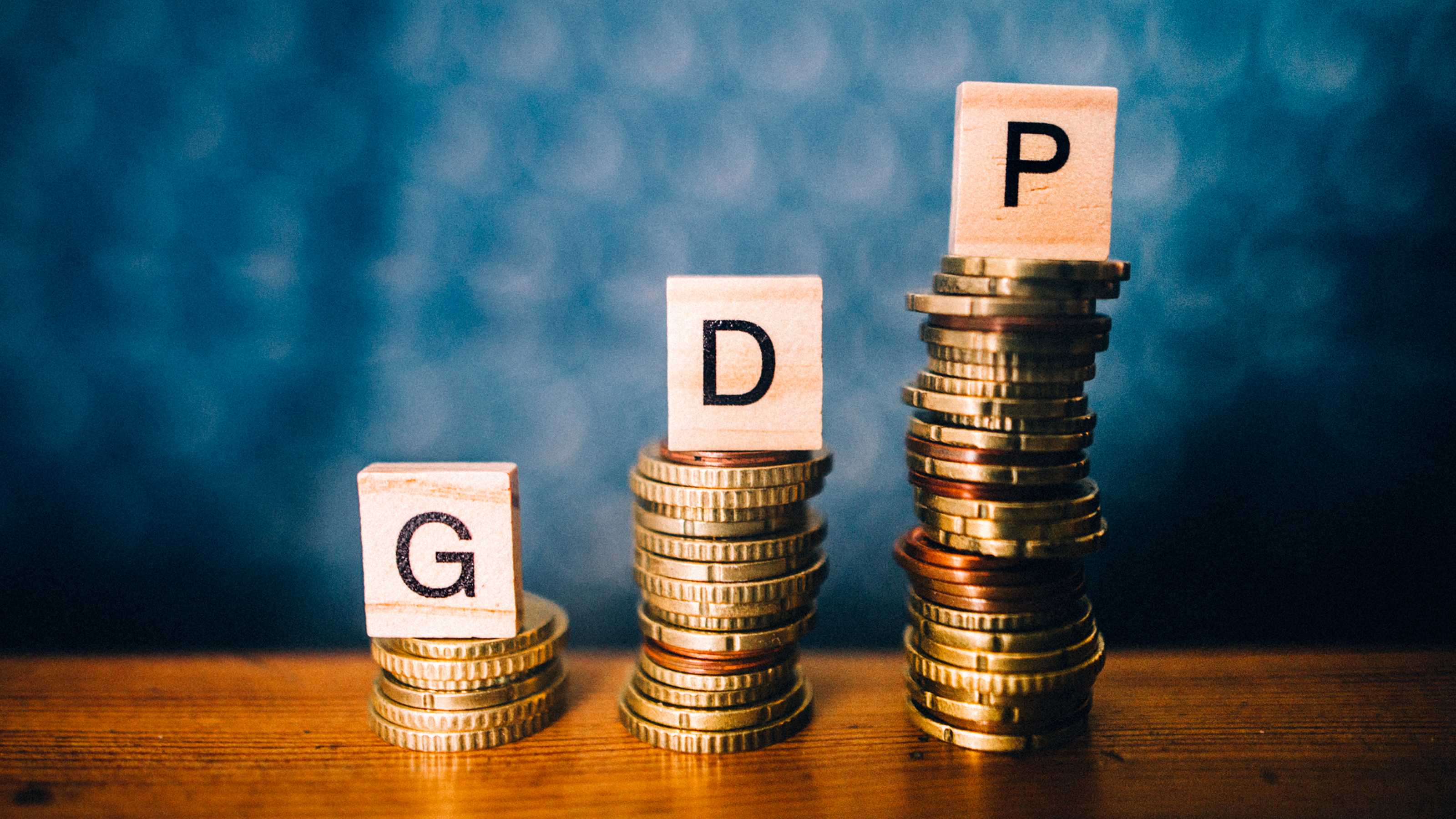BBB Means Buy, Buy, Buy
Corporate bonds rated just above junk level offer 7% yields with little risk of default or insolvency.

Profit and prosper with the best of Kiplinger's advice on investing, taxes, retirement, personal finance and much more. Delivered daily. Enter your email in the box and click Sign Me Up.
You are now subscribed
Your newsletter sign-up was successful
Want to add more newsletters?

Delivered daily
Kiplinger Today
Profit and prosper with the best of Kiplinger's advice on investing, taxes, retirement, personal finance and much more delivered daily. Smart money moves start here.

Sent five days a week
Kiplinger A Step Ahead
Get practical help to make better financial decisions in your everyday life, from spending to savings on top deals.

Delivered daily
Kiplinger Closing Bell
Get today's biggest financial and investing headlines delivered to your inbox every day the U.S. stock market is open.

Sent twice a week
Kiplinger Adviser Intel
Financial pros across the country share best practices and fresh tactics to preserve and grow your wealth.

Delivered weekly
Kiplinger Tax Tips
Trim your federal and state tax bills with practical tax-planning and tax-cutting strategies.

Sent twice a week
Kiplinger Retirement Tips
Your twice-a-week guide to planning and enjoying a financially secure and richly rewarding retirement

Sent bimonthly.
Kiplinger Adviser Angle
Insights for advisers, wealth managers and other financial professionals.

Sent twice a week
Kiplinger Investing Weekly
Your twice-a-week roundup of promising stocks, funds, companies and industries you should consider, ones you should avoid, and why.

Sent weekly for six weeks
Kiplinger Invest for Retirement
Your step-by-step six-part series on how to invest for retirement, from devising a successful strategy to exactly which investments to choose.
It's early for cautious income investors to rush into high-yield bonds, though junk's completing one of its best months in a long time. But the nearest category to junk -- the lowest tier of investment-grade corporate bonds, meaning those rated BBB by Standard & Poor's or Baa by Moody's -- is a comfortable alternative.
Moody's reports that Baa-rated corporate bonds finished the week ending April 25 yielding an average of 7.0%, with industrials at 7.15% and utilities at 6.85%. That's peanuts compared with the 11% you can get from my favorite oil royalty trust, BP Prudhoe Bay (symbol BPT).
But crude oil, which powers the trust's dividends, may be in bubble-land. If the price of oil corrects, BPT, which closed at $95.69 on April 28, could head for the $70s. If you own the stock, I encourage you to enter a stop-loss order for about $90 and to do it quickly.
From just $107.88 $24.99 for Kiplinger Personal Finance
Become a smarter, better informed investor. Subscribe from just $107.88 $24.99, plus get up to 4 Special Issues

Sign up for Kiplinger’s Free Newsletters
Profit and prosper with the best of expert advice on investing, taxes, retirement, personal finance and more - straight to your e-mail.
Profit and prosper with the best of expert advice - straight to your e-mail.
Investment-grade corporate bonds, on the other hand, should cause no such concern. One reason yields are up is that companies are issuing bonds like mad, either out of necessity to bolster balance sheets or because they are scouting for acquisitions and can't count on banks for the capital.
A surfeit of supply puts pressure on yields to go higher. And some foundations, trusts and endowments are unable to own bonds rated BBB and lower, says Bill Larkin, who manages income portfolios for Cabot Money Management, in Salem, Mass. That means that demand for bonds in the BBB range is tempered.
Adding to the luster of BBB debt is the puny payout on Treasury bonds. The spread between corporate and government bonds is unusually wide because the credit panic sent a tsunami of money into the assumed safety of Treasuries, not because a mild recession threatens the solvency of low-investment-grade issuers such as Heinz and Time Warner.
A ten-year Treasury bond that pays 3.9% is a guaranteed loser after current inflation and, if applicable, taxes. But if you earn 7%, you can still make a profit after taxes and inflation. And there are enough choices in BBB territory to be able to assemble a package that is diversified by both issuer and maturity.
I searched the Charles Schwab bond database to see what's available. The bond search engine lets you specify whether to include callable or non-callable bonds and to choose maturities along a range of up to 30 years.
I selected non-callable bonds with maturities between 15 and 30 years and was pleased with what I saw. One bond that screamed, "Buy me" was from the giant Brazilian minerals company Vale, which is really a global concern and, as the Wall Street Journal recently observed, has a better credit rating than the government of Brazil.
The Vale bond has a coupon rate of 8.25%, is due in 2034, and pays interest in January and July. On April 25 it was priced at a current yield of 7.2% and a yield to maturity of 7.0%. But Moody's is reviewing Vale for a possible upgrade from Baa3. If Moody's did raise its rating, the bond's principal value would probably tick up a bit.
If you'd feel better with a shorter maturity, look at bonds from AT&T Broadband and Time Warner. Both have bonds maturing in 15 years and rated Baa2. AT&T's is priced to yield 6.8% to maturity and Time Warner's is priced to yield 7.2%. Ma Bell pays in May and November, while Time Warner pays in February and August. Time is under review for a possible downgrade, which explains the higher yield.
Schwab's list of issuers rated BBB or Baa includes Burlington Northern, Conagra, Corning, Eastman Chemical, Lockheed Martin, Nordstrom, Tenneco and Weyerhaeuser. If you do business with Fidelity or any other good broker, you can easily find plenty of good ideas.
No company is bulletproof, so you want to diversify. With these names, you can assemble a portfolio that includes companies in such widely disparate industries as transportation, food, defense, chemicals and construction. I know you can get a yield of close to 6% from Vanguard Long-Term Investment-Grade (VWESX). But if ever there was a good time to buy your own bonds and pocket a really good yield, this is it.
Profit and prosper with the best of Kiplinger's advice on investing, taxes, retirement, personal finance and much more. Delivered daily. Enter your email in the box and click Sign Me Up.

Kosnett is the editor of Kiplinger Investing for Income and writes the "Cash in Hand" column for Kiplinger Personal Finance. He is an income-investing expert who covers bonds, real estate investment trusts, oil and gas income deals, dividend stocks and anything else that pays interest and dividends. He joined Kiplinger in 1981 after six years in newspapers, including the Baltimore Sun. He is a 1976 journalism graduate from the Medill School at Northwestern University and completed an executive program at the Carnegie-Mellon University business school in 1978.
-
 Nasdaq Leads a Rocky Risk-On Rally: Stock Market Today
Nasdaq Leads a Rocky Risk-On Rally: Stock Market TodayAnother worrying bout of late-session weakness couldn't take down the main equity indexes on Wednesday.
-
 Quiz: Do You Know How to Avoid the "Medigap Trap?"
Quiz: Do You Know How to Avoid the "Medigap Trap?"Quiz Test your basic knowledge of the "Medigap Trap" in our quick quiz.
-
 5 Top Tax-Efficient Mutual Funds for Smarter Investing
5 Top Tax-Efficient Mutual Funds for Smarter InvestingMutual funds are many things, but "tax-friendly" usually isn't one of them. These are the exceptions.
-
 The Most Tax-Friendly States for Investing in 2025 (Hint: There Are Two)
The Most Tax-Friendly States for Investing in 2025 (Hint: There Are Two)State Taxes Living in one of these places could lower your 2025 investment taxes — especially if you invest in real estate.
-
 The Final Countdown for Retirees with Investment Income
The Final Countdown for Retirees with Investment IncomeRetirement Tax Don’t assume Social Security withholding is enough. Some retirement income may require a quarterly estimated tax payment by the September 15 deadline.
-
 Bond Basics: How to Reduce the Risks
Bond Basics: How to Reduce the Risksinvesting Bonds have risks you won't find in other types of investments. Find out how to spot risky bonds and how to avoid them.
-
 Why Investors Needn't Worry About U.S. Credit Downgrade
Why Investors Needn't Worry About U.S. Credit DowngradeFitch Ratings The United States saw its credit rating downgraded for just the second time in history, but experts aren't worried about the long-term damage to stocks.
-
 Bond Ratings and What They Mean
Bond Ratings and What They Meaninvesting Bond ratings measure the creditworthiness of your bond issuer. Understanding bond ratings can help you limit your risk and maximize your yield.
-
 Stock Market Today: Stocks Struggle on Credit Suisse, First Republic Bank Concerns
Stock Market Today: Stocks Struggle on Credit Suisse, First Republic Bank ConcernsChaos in the financial sector stole the spotlight from this morning's inflation and retail sales updates.
-
 5 Stocks to Sell or Avoid Now
5 Stocks to Sell or Avoid Nowstocks to sell In a difficult market like this, weak positions can get even weaker. Wall Street analysts believe these five stocks should be near the front of your sell list.
-
 Q4 GDP Beats Expectations: What the Experts Say
Q4 GDP Beats Expectations: What the Experts SayGDP The latest GDP report shows that the economy avoided recession last year, but market pros say we might not be so lucky in 2023.